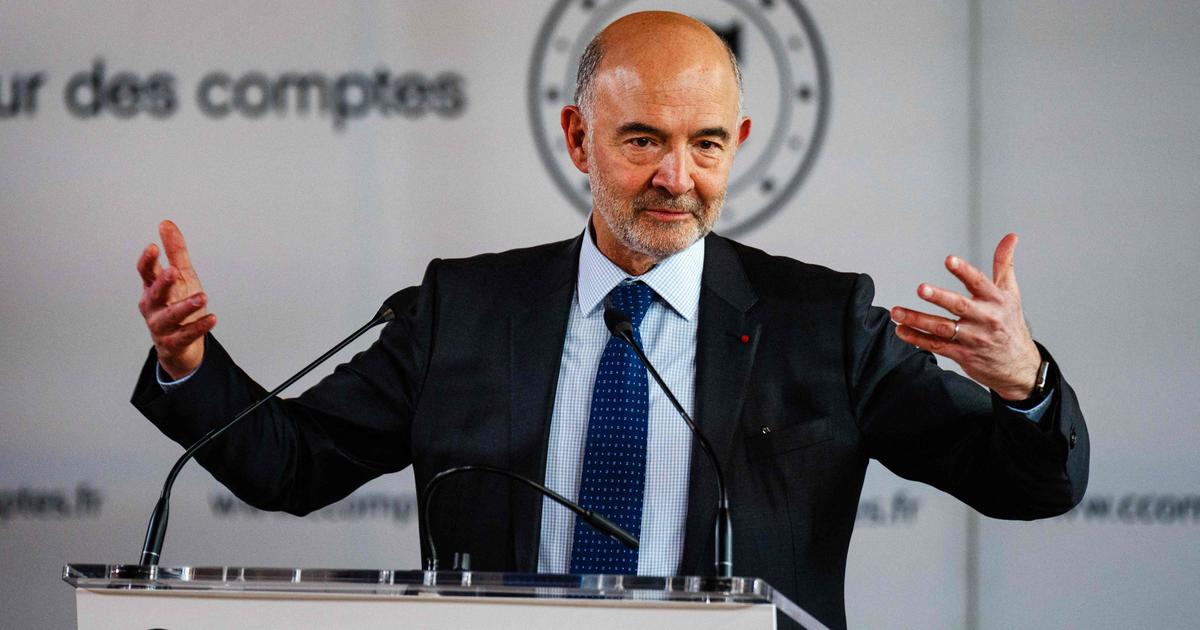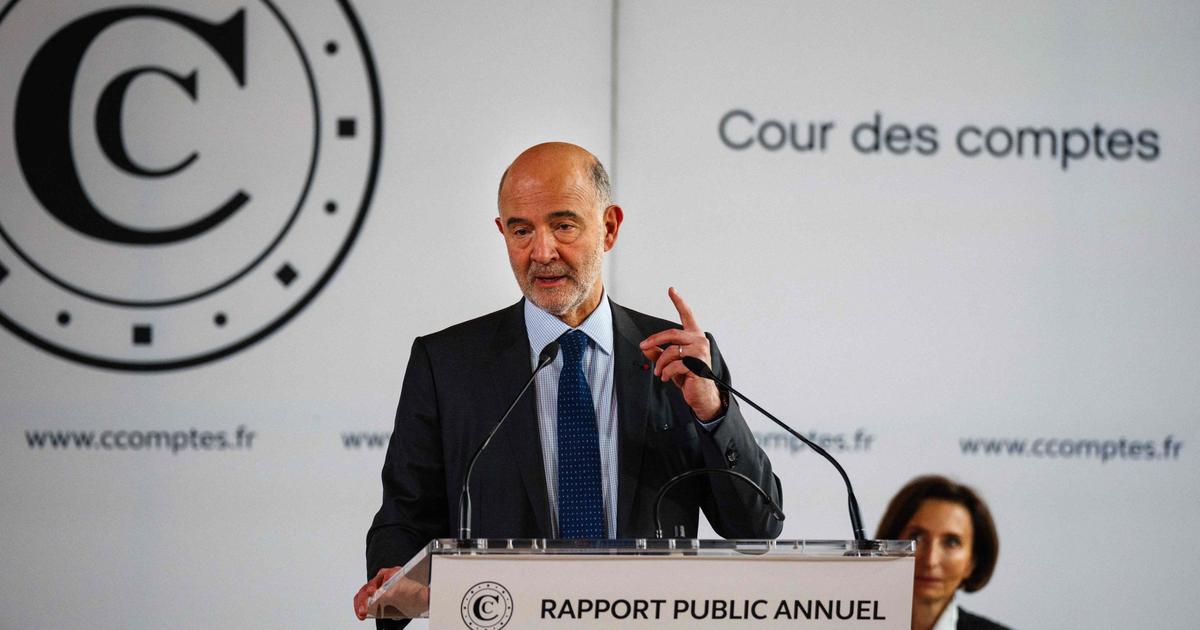With exceptional crisis, rather unusual report. When the Prime Minister asked them to prepare an audit on the strategy for the future of post-crisis public finances, the magistrates of the Court of Auditors could hardly apply the revenues used in the aftermath of the previous financial crisis of 2008. To namely, an overly rapid recovery of public finances including increased tax pressure, which ultimately undermined the economic recovery. Also, delivered this Tuesday to Jean Castex, this report does not content itself with carrying out a strictly financial analysis of the state of the country's accounts, which plunged into bright red with a debt that should reach nearly 118% of GDP and a deficit forecast at 9.4% this year. The institution offers an approach that attempts to "
reconcile
"Both the strengthening of growth and the need to seriously tackle the over-indebtedness of the country which faced this crisis with much worse accounts than its European neighbors ...
To read also: Debt: "What matters, for public finances, is the weight represented by the interest charge"
It was necessary to find the right window of fire to publish this report which was initially to be submitted to the Prime Minister in mid-April and whose date has been postponed several times to avoid confusing the messages.
A few weeks ago, the third epidemic wave once again struck the country which, since, has been gradually deconfining.
Today, less than a year from the presidential election, this audit is timely for the executive and the president who should see it as a way to support their strategy to end the crisis focused on the end of " whatever the cost ”, the recovery package to 100 billion euros and, much less audibly, the cleaning up of public accounts once the country has completely taken its head out of the water.
Not to mention that Emmanuel Macron himself has just put the debate on pension reform back in the public arena.
27 recommendations
In the details of this 200-page audit, 27 recommendations are addressed to the government, the first part of which is thus devoted to strengthening potential growth, the level of which has continued to decline well before the crisis due, in particular, to an increase in potential growth. stronger deindustrialisation than elsewhere.
To achieve this, the institution does not fail to cite investments in innovation, research, industry and skills development, insisting however on the need to concentrate financial efforts "
on targeted priorities in
order to achieve this.
maximize impact
”. Clearly, the sprinkling of public funds is to be banned. Support for the digital transformation of businesses is also listed. Finally, and probably more original, the magistrates recommend strengthening the country's resilience capacity in the face of future crises. Indeed, if the State has shown itself to be particularly reactive in the face of the pandemic, anticipation remains a weak point, which ultimately costs the economy.The closure of judicial courts in spring 2020 is a perfect illustration of this. "
Despite significant investment in digital technology, the Chancellery has not been able to respond effectively to the crisis,
”underlines the Court of Auditors.
In addition to a more detailed upstream assessment of potential risks, "
public institutions must prepare to switch to crisis management
", believe the magistrates.
To read also: The Governor of the Banque de France in
Figaro
: "The time has clearly come to get out of whatever the cost"
So much for growth, which will however not be enough to put the country back on the right track, as the French can no longer remain blind to the need to tackle the consolidation of its public finances. “
Even with proactive assumptions, economic growth, an essential condition for the recovery of public finances, would not on its own allow a lasting decline in public debt in relation to GDP and should be accompanied by a consolidation policy. This continued growth in debt directly poses the question of its sustainability
”which is becoming a key issue, write the magistrates.
And on this key aspect of the report, the Court of Auditors - which refuses any new tax increase does not venture to set quantified objectives, believing that the extent of the budget cuts will depend precisely on the economic recovery. The only horizon: this reduction in deficits, which should begin in 2023, should make it possible to start a reduction in public debt from 2027. Several scenarios are however presented on the effort required according to different growth assumptions. The limitation of the growth of annual public expenditure can thus vary from 0%, 0.3%, 0.6% and 1.2%. But overall, if growth were to progress at an average level, this spending growth would not have to be higher than 0.6% per year to meet the target of debt reflux in 2027.This would require tight control over spending, the country having experienced an average annual increase of around 1% in recent years.
"Key reforms"
And to achieve these savings, the magistrates show themselves there more concrete, listing "
key reforms
" which have been known for a long time but politically difficult to apply.
In addition to the inevitable overhaul of pensions, the magistrates also recommend tackling health insurance spending because the country is the one that spends the most in this area compared to its European neighbors.
The institution criticizes in particular the weak coordination between town medicine, health establishments and medico-social ones.
It also recommends containing the continuously increasing daily allowances.
In addition, improving the quality of expenditure on employment policy, which has failed to reduce structural unemployment, is recommended.
Finally, the magistrates insist on the need to review the social minima with the objective of encouraging a return to activity and to target the housing policy more towards the most disadvantaged households.
There is no doubt that this audit will not fail to fuel the debate on the subject which should last for many months.
It is finally in 2023 that the difficult political choices will have to be made.









